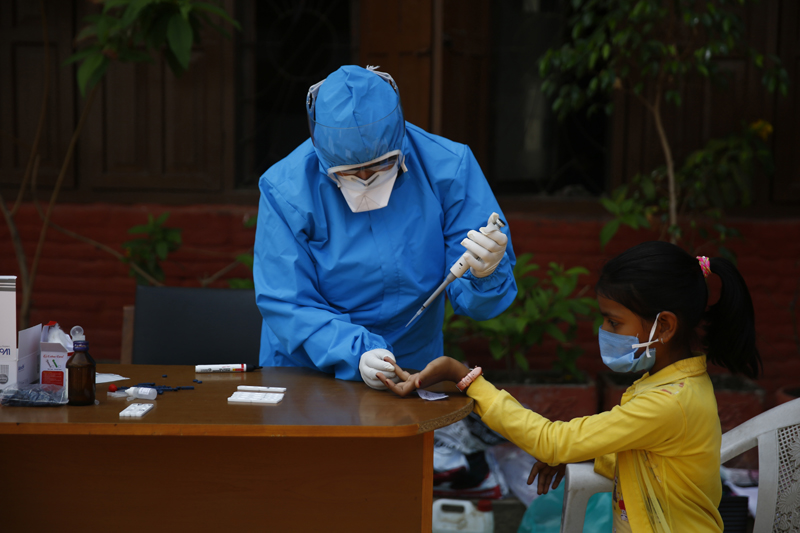Global coronavirus deaths exceed quarter of a million: Reuters tally
- Coronavirus deaths top 250,000, cases above 3.5 million
- North America, Europe account for bulk of cases
- Numbers rising in Latin America, Africa
- Health experts fear many cases, deaths are unreported
- Several countries begin easing lockdowns
SYDNEY/LONDON: Global coronavirus deaths rose past a quarter of a million on Monday after infections topped 3.5 million, a Reuters tally of official government data showed, even as several countries began easing lockdowns designed to contain the pandemic.
North America and European countries accounted for most of the new deaths and cases reported in recent days, but numbers were rising from smaller bases in Latin America, Africa and Russia.
Globally, there were 3,914 new deaths and 75,646 new cases over the past 24 hours, taking total deaths to 250,152 and cases to 3.59 million. At least 1.1 million people have recovered from the illness, according to available official data.
That easily exceeds the estimated 140,000 deaths worldwide from measles in 2018, and compares with around 3 million to 5 million cases of severe illness caused each year by seasonal influenza, according to the World Health Organization (WHO).
While the current trajectory of COVID-19 falls far short of the 1918 Spanish flu, which infected an estimated 500 million people, killing at least 10% of patients, experts worry the available data is underplaying the true impact of the pandemic.
"We could easily have a second or a third wave because a lot of places aren't immune," Peter Collignon, an infectious diseases physician and microbiologist at Canberra Hospital, told Reuters. The world was well short of herd immunity, which requires around 60% of the population to have recovered from the disease, he noted.
The first death linked to COVID-19 was reported on Jan. 10 in Wuhan, China, after the coronavirus first emerged there in December. The number of deaths reported in a single day hit a peak of 10,229 just a week ago on April 29. The rate of the daily increase in deaths has slowed to 1%-2% in recent days from a high of 14% on March 21.
Mortality rates from recorded infections vary greatly from country to country.
Belgium has the highest fatality rate at 16% among countries with major outbreaks. At the other end of the spectrum, Australia and New Zealand are at 1%. Britain is at 15%, Italy is at 14% and the United States is at 6%, In Africa, Algeria has a 10% fatality rate.
Collignon said any country with a mortality rate of more than 2% almost certainly had underreported case numbers, with countries overwhelmed by the outbreak less likely to conduct testing in the community and record deaths outside of hospitals.
LIFTING LOCKDOWNS
Health experts are watching closely as several countries tentatively ease restrictions on movement in a bid to revive global economies, amid fears of recurring infections.
In the United States, which has the world's highest total of infections and deaths, at almost 1.2 million and 68,000 respectively, at least half of the 51 states are moving forward with plans to reopen stricken businesses.
The loosening of lockdowns, however, led the University of Washington on Monday to up its forecast of deaths from COVID-19 to nearly 135,000 through the start of August, almost double the last prediction.
Italy, among the world's hardest-hit countries, allowed about 4.5 million people to return to work on Monday after nearly two months at home.
Spain, Portugal, Belgium, Finland, Nigeria, India, Malaysia, Thailand, Israel and Lebanon were also among countries variously reopening factories, construction sites, parks, hairdressers and libraries.
Australia and New Zealand, which have individually begun to lift restrictions, held talks on Tuesday about the possibility of a trans-Tasman "travel bubble", allowing residents to move between the two countries.






